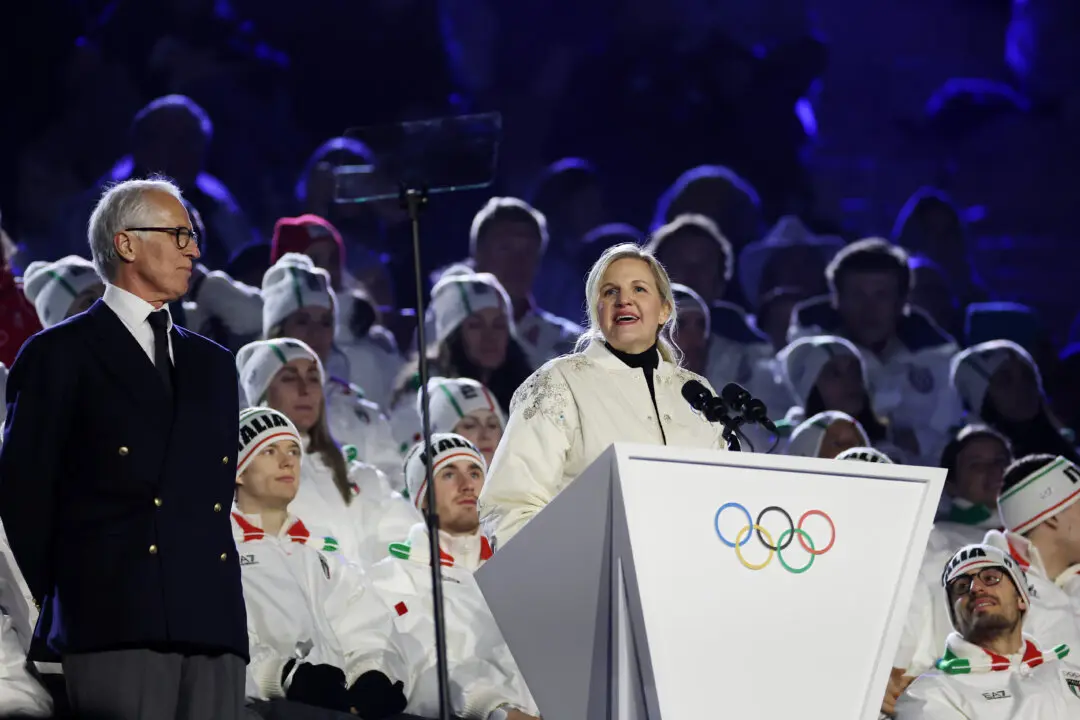PARIS—French conservative presidential candidate Marine Le Pen cheered Ford Motor Co.’s decision to shift investment from Mexico to the U.S., saying on Wednesday that it is victory for the protectionist policies she champions.
In a New Year’s address to journalists, Le Pen said Ford’s decision is proof that “protectionism works, when it is led by determination, and when a country can exercise its economic independence. It is good for re-industrialization and good for jobs.”
The National Front party leader, a top candidate in France’s presidential election next spring, has already suggested that President-elect Donald Trump’s victory could have a favorable impact on her own campaign, along with Britain’s Brexit vote to leave the European Union.
Le Pen dubs herself a “patriot” and campaigns against immigration, the EU and a system of politicians, banks and other deciders, she believes, is bringing France down—and which she vows to break.
“Political will pays,” she said. “The proof is what Donald Trump obtained .... Protectionism pays when it is led by determination and when a country can exercise its economic independence. It is good for re-industrialization and good for jobs.”
Ford is canceling plans to build a $1.6 billion factory in Mexico and will instead invest some of that money in a U.S. factory.
Le Pen wasn’t the only French presidential candidate to lavish kudos on Trump for Ford’s decision.
Arnaud Montebourg, a former economics minister seeking the Socialist Party candidacy, also proposes protectionist measures to help French industry.
“I see that Donald Trump used the Montebourg method!,” he joked at a Wednesday news conference. “A strong and protecting state is a state which pays attention to the country’s industrial and economic interests ... because it’s a power struggle between politics and economy.”





